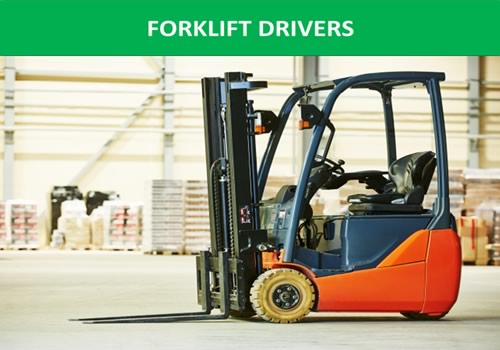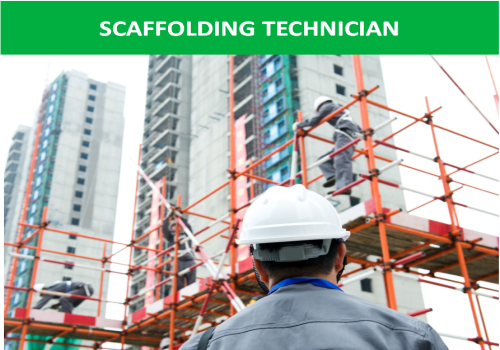
Introduction: Law No. 10237/2010 provides that the employer shall take measures to ensure that employees charged with the use of work equipment that requires special knowledge and responsibilities are trained in such a way as to allow them to use them appropriately and safely. Through the training course, forklift drivers will be provided with a training certificate for the use of these tools, of course after passing the final test provided.
To whom it is addressed: The course is addressed to all companies that have employees who use forklifts. All persons who work within companies/institutions as forklift drivers must be trained.
Objective: To provide trainees with formative safety knowledge by training them to drive the forklift safely.
Course Duration: 8-12 hours
Content: The course provides basic training related to the legal obligations of safety and health at work, recognizes the main safety rules for driving forks and load insurance, analyzes the possible hazards/risks in driving the vehicle to prevent accidents, as well as maintenance of the tool. The course is based on the best experiences of European Union companies in the safety field.
Course development methodology: The courses will be developed based on an interactive method, to arouse the interest of the trainees by favoring debates about practical cases based on the trainees’ experience. This will allow course arguments to be adopted even based on trainees’ exigencies.
Certificate: After successfully passing the written test, trainees will have a Certificate, according to the license issued by the QKL and approved by the relevant ministry (QKL License No. LN-8413-08-2014).


 Italiano
Italiano Shqip
Shqip

